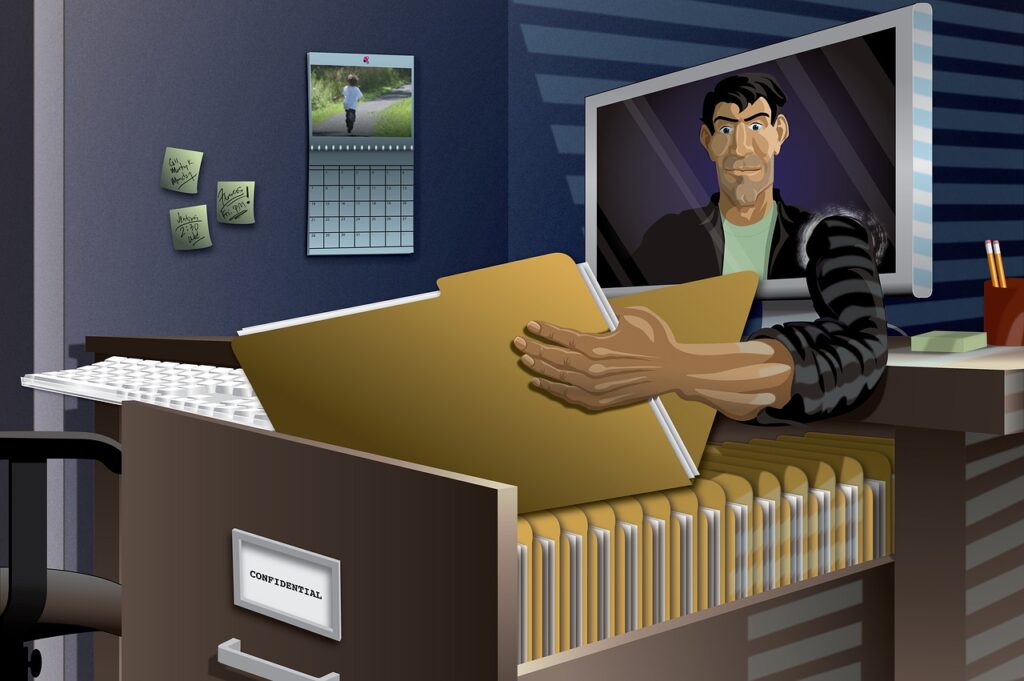Identity theft is a growing problem in today’s digital age, with millions of people falling victim to this crime every year. Identity theft occurs when someone steals your personal information, such as your Social Security number or credit card details, and uses it to commit fraud or other illegal activities. To protect yourself from identity theft, it’s important to take certain precautions. Here are the top 10 things you can do to protect yourself:
- Use strong and unique passwords: One of the easiest ways for hackers to steal your information is by cracking your password. Create strong and unique passwords for all your online accounts, and never use the same password twice.
- Enable two-factor authentication: Two-factor authentication adds an extra layer of security to your accounts by requiring a second form of verification, such as a text message or fingerprint scan.
- Monitor your credit report: Check your credit report regularly to make sure there are no suspicious activities or accounts that you don’t recognize.
- Protect your Social Security number: Your Social Security number is a valuable piece of information that can be used to commit identity theft. Never give out your SSN unless it’s absolutely necessary, and keep it secure.
- Secure your devices: Make sure your computer, smartphone, and other devices are updated with the latest security patches and antivirus software. Use a passcode or biometric authentication to secure your devices.
- Be cautious of phishing scams: Phishing scams are emails or messages that try to trick you into giving away your personal information. Be wary of unsolicited emails or messages, and don’t click on links or download attachments from unknown sources.
- Protect your mail: Thieves can steal your mail to get access to your personal information. Use a locked mailbox, and retrieve your mail promptly.
- Shred sensitive documents: Before you throw away any sensitive documents, such as bank statements or credit card bills, shred them to prevent someone from stealing your information.
- Be cautious of public Wi-Fi: Public Wi-Fi networks are not secure, and hackers can intercept your data if you use them. Avoid accessing sensitive information, such as your bank account, on public Wi-Fi networks.
- Monitor your accounts: Keep an eye on your bank and credit card accounts for any suspicious activities, such as unauthorized charges.
By taking these steps, you can greatly reduce your risk of becoming a victim of identity theft. It’s important to stay vigilant and take action immediately if you suspect that your information has been compromised.
